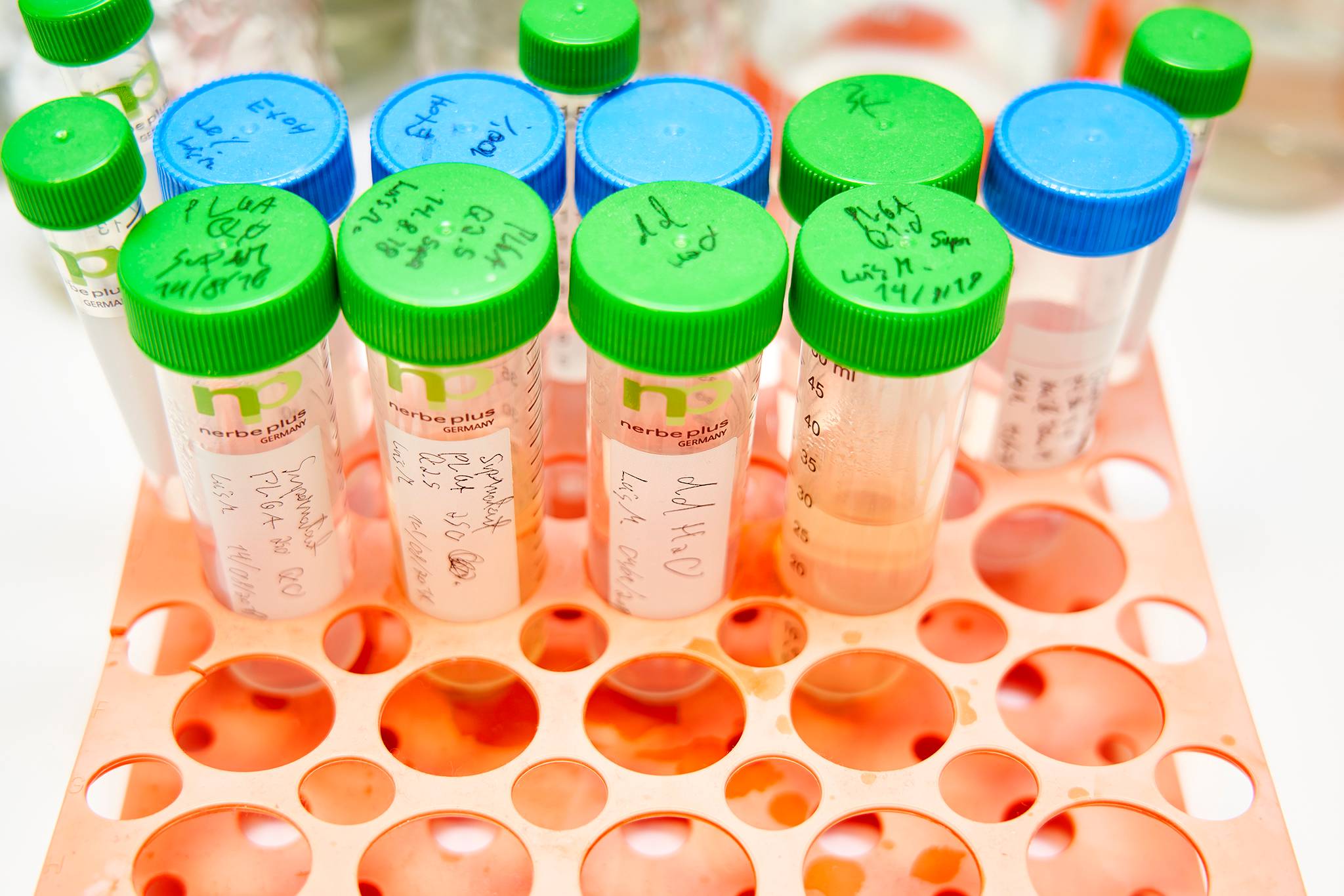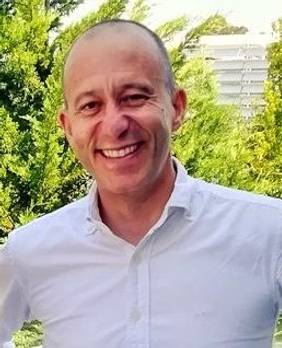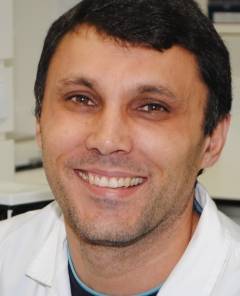
Enhancing Research in Ageing at the University of Coimbra
EC Grant Information
Project reference
669088
Total cost
EUR 2 762 405
EU contribution
EUR 2 486 165
Coordinated in
Portugal
History and future of ERA Chairs
“Spreading Excellence and Widening – participation in Horizon 2020”
WIDESPREAD 2-2014
ERA Chairs
Overview
The project “Enhancing Research in Ageing at the University of Coimbra” (ERA@UC) addresses the Widespread- ERA Chair call to promote excellence in science research in low-performing EU Member States, thus reducing disparities across Europe.
ERA@UC project aims at developing world-leading research, advanced teaching and foster institutional governance changes towards excellence and sustainability. UC is the leader of Ageing@Coimbra, European Innovation Partnership on Active and Healthy Ageing (EIP-AHA) Reference Site. In Coimbra and Centro Region of Portugal, science and technology are major drivers of socioeconomics development and the major instrument to tackle the societal challenge related with population ageing (> 22% of +65 old people in Centro Region). UC encloses excellence resources in biomedical research, advanced teaching, health care and innovation, especially in Ageing, Neuroscience and Vision.However, to further potentiate the outcomes of this knowledge and innovation ecosystem, further investment is crucial to leverage the quality of fundamental science to world leading standards.
The ERA@UC project focuses on stem cells as ageing disease modelling and therapeutic platforms.
The first hypothesis is that stem cells, in particular induced pluripotent stem cells (iPSCs), may be an excellent source of cells for disease modelling and drug discovery programs related to ageing diseases. The project aims at studying the ageing of vascular and cardiac tissues.
The second hypothesis of ERA@UC project is that the modulation of endogenous stem cells may be a platform to fight ageing diseases, specifically in brain diseases. Nanomedicine will induce stem cell proliferation and subsequent differentiation to replace aged cells or damaged cells by ischemic processes. Thus, the aim of the project is to demonstrate the feasibility of using nanomedicine to initiate a regenerative program.
ERA@UC team will stand in a strategic area for the Smart Specialization Strategy of Centro Region (health and ageing).
Objectives
Scientific program
The scientific program of ERA@UC will focus in better understanding cardiovascular ageing and in the development of therapies to reduce cardiovascular/brain disorders and disabilities. This objective will be pursued by the generation of ageing models such as cardiac and vascular from iPSCs to better understand age-related diseases and in the development of advanced vectors able to release therapeutics. During the project we will aim at these specific, yet not limited aims:
To better understand and treat cardiovascular ageing;
To understand better physiological and pathological ageing;
To develop aged cardiac tissue models;
To study and identify therapeutics to reduce vascular and cardiac ageing;
To treat brain disabilities/disorders by modulation of endogenous stem cells at the neurogenic niches.
Advanced training program
The advanced studies program of ERA@UC aims at enhancing the educational programs and outreaching activities at the University of Coimbra. Therefore, the advanced studies program takes in account the educational platforms already in place at the University of Coimbra. By another hand, the ERA Chair team will create a new educational module for an existent MSc program and will deliver a high-profile conference in the area of aging. During the project we will aim at these specific, yet not limited aims:
To train a new generation of researchers in the area of stem cells for aging modelling and anti-aging drug screening;
To disseminate the importance of research in the area of aging among students and general public;
To enhance the international visibility of the research at UC in the area of aging.
Translational program
The translational program of the ERA@UC project has two main goals: bio-entrepreneurship and clinical translation. The ERA Chair team aims at creating a spin off related to aging/regenerative medicine with technology that will be developed in the setting of the project ERA@UC. Another objective of the ERA@UC project is to perform a clinical trial and to enhance the clinical translation of one of the technologies.
Expected Impacts
Increased attractiveness of the institution, region and country for internationally excellent and mobile researchers.
ERA@UC will highlight the attractiveness of the scientific environment, academic excellence and innovation/entrepreneurship potential. The internationalization of the scientific community at UC and the international excellence support of advisory teams at ERA@UC will foster young scientists mobility, organization of advanced teaching PhD courses and high-level summer school events. The project will show that UC stands in one of the most innovative and pleasant convergence regions in Europe, with major economic growth potential based on knowledge and Innovation ecosystems and, simultaneously, offering excellent quality of life, equal gender opportunities as well as age and family friendly policies.
Increased research excellence of the institution in the specific fields covered by the ERA Chair holder.
ERA@UC will promote world-leading science activity in ageing research. UC_CNC.IBILI is a major research and training biomedical institution in Portugal (unit h index 67). However, the international visibility of resident research groups is limited and restrained by the lack of disruptive researchers standing on cutting edge areas, training background and staff with outstanding scientific/managerial profile. The expected high level of scientific competence should lead to the publication of high-impact reports in prestigious journals. As an indicative target, ERA@UC project should deliver at least 3 publications with impact factor > 10 / 3 year period.
Improved capability to compete successfully for internationally competitive research funding.
The ERA Chair holder will show high level of managerial competence, being able to secure significant economic resources, possess innovative ideas about the strategic development of scientific /academic institutions and be able to develop team work and corporative “healthy” environment. The ERA Chair will secure a minimum sum of 300 K euro/3 year period, mainly from international competitive sources and regional sources, taking advantage of the excellent alignment of health and ageing with RIS3 and Ageing@Coimbra Vitality Campus as a Regional Flagship project.
Institutional changes within the ERA host institution to implement the European Research Area priorities, (including an open recruitment policy, gender balance, peer review, and doctoral training).
The ERA@UC team will take the responsibility of organizing and managing high-level PhD training (advanced courses and laboratory residences), high profile conference in the topic of aging, and to participate in outreaching activities.
Contributing to the objectives of regional or national smart specialization strategies, including increased interactions with economic and social actions, and complementing support provided under the European Structural and Investment Funds.
ERA@UC is supported by the regional network of partners Ageing@Coimbra, EIP-AHA Reference Site. Ageing@Coimbra is a holistic consortium involving key regional stakeholders from academia, research, health care, social care, municipalities, ICT and pharma companies, business incubators/accelerators, patient organizations, citizenship institutions, and others. Ageing@Coimbra partners develop and implement innovative good practices to promote excellence in advanced teaching, research, technology transfer, health and social care, age friendly environments to tackle the societal challenges related with population ageing and open opportunities to create highly-qualified jobs and business to attract a new generation of entrepreneurs – “from student to entrepreneur, from ideas to the market”. The regional authority CCDRC was inspired by the good practices and ambition of Ageing@Coimbra network and shaped its RIS3 to further potentiate the outcomes of this inclusive partnership, highlighting the central role of “Health” and “Ageing” as key priority areas for the sustainable growth of the regional economy and societal challenges.
Team

Lino Ferreira
PRINCIPAL INVESTIGATOR

Luís Estronca
LAB MANAGER